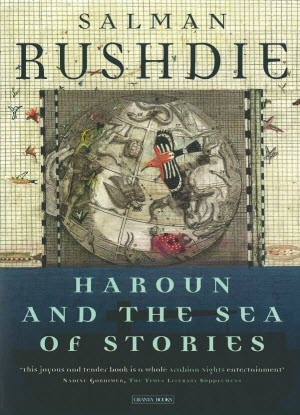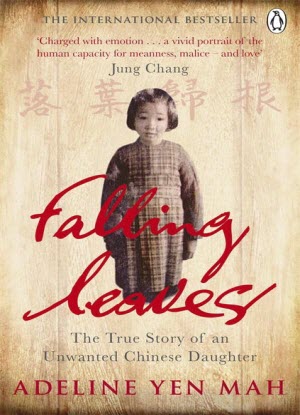Pygmalion
- George Bernard Shaw
- Penguin
- 6/3/2003
- ISBN: 9780141439501
RRP: $14.99 (Inc. GST)

Description
Prescribed Text for HSC 2019-2023 – Standard Module A: Language, Identity and Culture
George Bernard Shaw’s witty comedy of manners, Pygmalion includes an introduction by Nicholas Grene in Penguin Classics.
Pygmalion both delighted and scandalized its first audiences in 1914. A brilliantly witty reworking of the classical tale of the sculptor Pygmalion, who falls in love with his perfect female statue, it is also a barbed attack on the British class system and a statement of Shaw’s feminist views. In Shaw’s hands, the phoneticist Henry Higgins is the Pygmalion figure who believes he can transform Eliza Doolittle, a cockney flower girl, into a duchess at ease in polite society. The one thing he overlooks is that his ‘creation’ has a mind of her own. Adapted into the Oscar-winning musical film My Fair Lady starring Audrey Hepburn and Rex Harrison in 1964, Pygmalion
This is the definitive text produced under the editorial supervision of Dan H. Laurence, with an illuminating introduction by Nicholas Grene, discussing the language and politics of the play. Also included in this volume is Shaw’s preface, as well as his ‘sequel’ written for the first publication in 1916, to rebut public demand for a more conventially romantic ending.
Although essentially shy, Dublin-born George Bernard Shaw (1856-1950) created the persona of GBS, the showman, satirist, conversationalist, critic, pundit, wit, intellectual buffoon and dramatist. Commentators brought a new adjective into English: ‘Shavian’, a term used to embody all his brilliant qualities. Deeply concerned by what he saw as the exploitation of the working class, Shaw was an active Socialist and a brilliant platform speaker. He remains the only person ever to have been awarded both the Nobel Prize in Literature and an Oscar.
If you enjoyed Pygmalion, you might like Oscar Wilde’s The Picture of Dorian Gray, also available in Penguin Classics.
About the Author
George Bernard Shaw was born in Dublin in 1856. Although essentially shy, he created the persona of G. B. S., the showman, satirist, controversialist, critic, pundit, wit, intellectual buffoon and dramatist. Commentators brought a new adjective into English: Shavian, a term used to embody all his brilliant qualities.After his arrival in London in 1876 he became an active Socialist and a brilliant platform speaker. He wrote on many social aspects of the day: on Common Sense about the War (1914), How to Settle the Irish Question (1917) and The Intelligent Woman’s Guide to Socialism and Capitalism (1928). He undertook his own education at the British Museum and consequently became keenly interested in cultural subjects. Thus his prolific output included music, art and theatre reviews, which were collected into several volumes such as Music in London 1890–1894 (3 vols, 1931); Pen Portraits and Reviews (1931); and Our Theatres in the Nineties (3 vols, 1931). He also wrote five novels and some shorter fiction, including The Black Girl in Search of God and Some Lesser Tales and Cashel Byron’s Profession, both published in Penguin’s Bernard Shaw Library.He conducted a strong attack on the London theatre and was closely associated with the intellectual revival of British theatre. His plays fall into several categories: ‘Plays Pleasant’; ‘Plays Unpleasant’; comedies; chronicle-plays; ‘metabiological Pentateuch’ (Back to Methuselah, a series of plays); and ‘political extravaganzas’. Bernard Shaw died in 1950.
Nobel Prize for Literature





